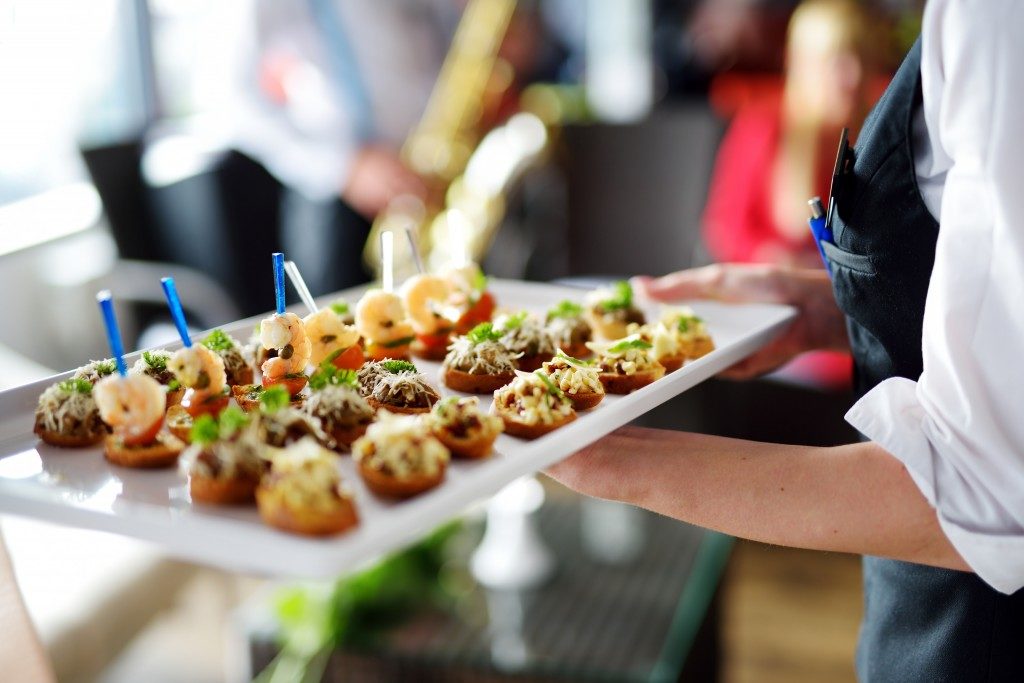If you’re passionate about cooking and enjoy hosting parties for friends and colleagues, you might want to consider getting into the food service business. Dartford, UK, is home to sprawling greens and stunning estates with landscaped gardens, so it’s not a surprise if it will see plenty of small to large events being held both by locals and international visitors.
With the right catering equipment supplier, team and skills to make such gatherings work, you can certainly make a good living out of servicing special events in the city.
To be clear, starting your own catering business is not just all about knowing how to cook well. It requires knowledge of food safety standards, inventory management, customer service, human resources, skills training, and more. Remember that you will be responsible not just for delighting people’s palates and impressing them with a nice presentation; you are also accountable for their health. In addition, a catering business requires a solid business plan and the right licenses, depending on where you are setting up shop.
Here are some tips on starting your own catering business:
1. Register your business
Selling food and providing food-related services in the UK requires that you apply for a food business registration with the government. You will need to do it at least a month before you start operating. You can set it up as a sole trader if you’re doing it solo or as a limited company if you have other business partners.
You will also need to consult with local environmental health agencies to ensure that your business complies with all food safety laws for the area. The rules may differ depending on the location, so be sure to check every time you’re in a new area as a precaution. Food safety checks will include your ability to maintain a safe and clean cooking environment, the types of equipment you use, your food preparation protocols and location, and staff health, among others.
2. Learn about food handling and safety practices
You can’t run a business if you do not understand basic food safety rules, and having a catering business means you must understand every word by heart. Read up on best practices on preparing, handling and storing food for commercial purposes. You also need to adopt a clear labeling system for your raw materials to track the dates purchased and expected expiry dates, so nobody makes the mistake of serving stale food. Experts say color-coding your commercial kitchen is one of the best ways to keep track of stocks and prevent cross-contamination, but you could also have your own style, as long as it’s efficient.
3. Learn about inventory and keeping documentation

Succeeding in business equates to maximizing your profits or gains. If you’re not keeping track of your inventory and holding an updated record of where supplies are moving, which ones are being thrown out and how much you’ve sold, then expect that your food business will not last very long. Included in this process is learning food costing techniques, how utility bills factor into your finances, contingencies for equipment breakdown and transport issues, and even staff salaries.
4. Invest in the right types of catering equipment
When you have the right tools and you follow a consistent process, the less likely are you to make errors in the kitchen. Know that once your catering business opens up, there will be plenty of inquiries as clients will try to test your services and see if they want to do repeat orders. Be ready for the influx and invest in durable, high-quality, low maintenance cookware and utensils.
Take note that expensive does not mean better when it comes to kitchen tools. There are plenty of catering equipment supplies in Dartmouth and other locations in the UK, so it’s best to compare rates and after-sales service offerings first. You can purchase items wholesale to get them at a lower price, too.
5. Hire the right people
Your catering business will not flourish if you do not have the right team with you. First, your people should share the same goals as you and also have a solid understanding of food handling and quality factors. Second, since you will be hiring for both kitchen and front-service crew, you will also need people who are very good at providing customer service. These skills can be taught during training, but you will get a good idea during the interview process how a person talks and deals with questions if he or she should be part of your startup team.
Overall, setting up a catering business is the same in Dartford and any other city in the world. While the licensing requirements and fees might vary, the concept of serving people good food and doing it well is universal. You might be a small operation in a small town now, but with referrals and marketing strategies, you could soon find yourself catering to nearby cities as well.

